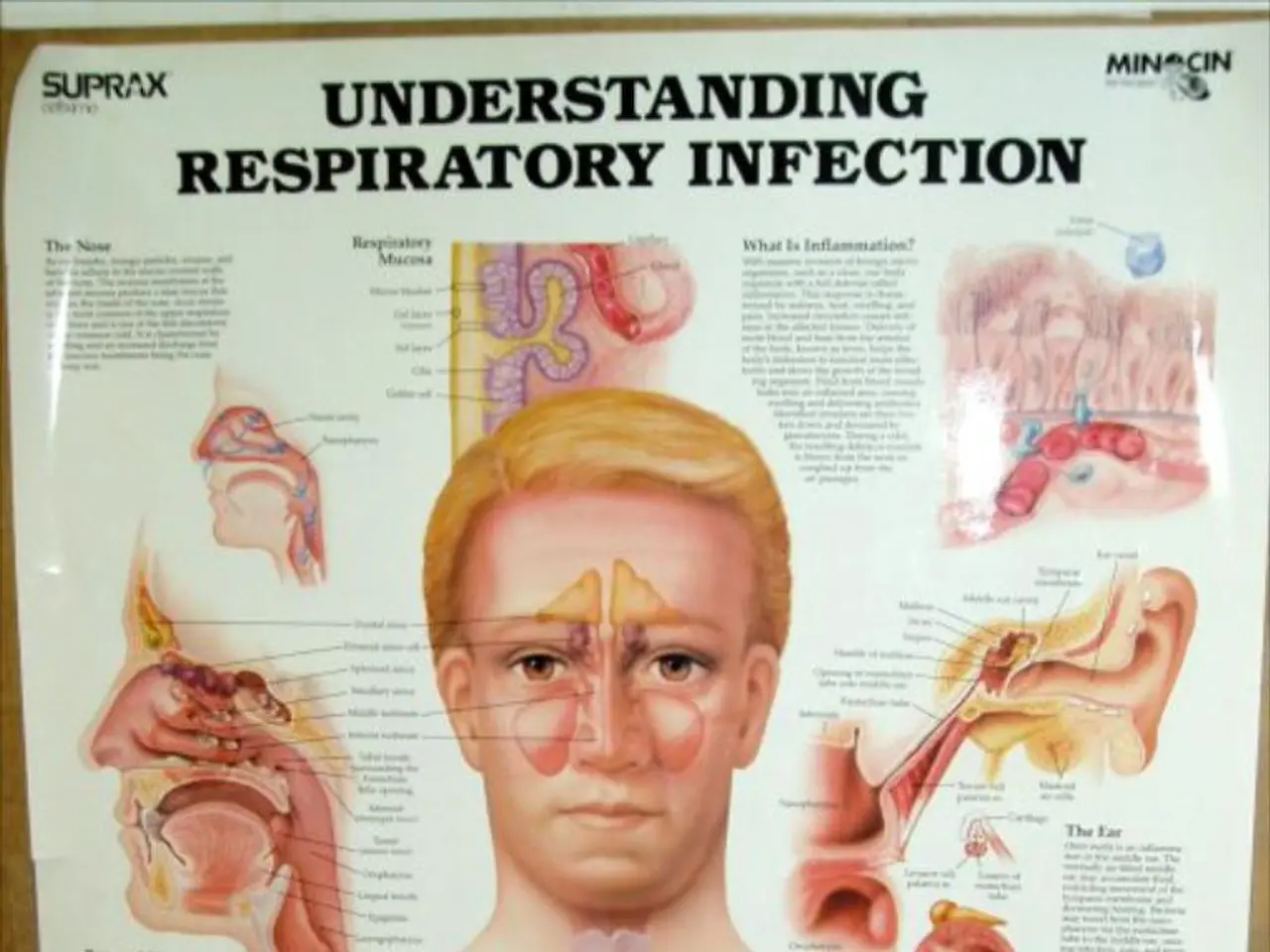Chronic Stress: The Hidden Health Threat
Chronic stress, triggered by persistent pressures and challenges, can have severe and wide-ranging effects on the body. It impacts multiple systems, from the central nervous system to the digestive tract, and can lead to various health issues.
Stress initiates the fight-or-flight response, with the central nervous system releasing hormones like adrenaline and cortisol. Prolonged exposure to these hormones can lead to a host of problems. In men, it can decrease testosterone levels, affecting sperm production and causing erectile dysfunction. In women, it can disrupt the menstrual cycle, leading to irregular, heavier, or more painful periods.
Stress also affects the digestive system, potentially causing heartburn, acid reflux, diarrhea, constipation, nausea, and stomachaches. It can increase the risk of stroke or heart attack by impacting the respiratory and cardiovascular systems. Furthermore, chronic stress may increase the risk of developing type 2 diabetes by interfering with glucose production.
The impact of chronic stress extends beyond physical health. It can cause irritability, anxiety, depression, headaches, and insomnia. It can also weaken the immune system, making individuals more susceptible to infections and illnesses. Muscles may remain tense, leading to headaches, back and shoulder pain, and body aches.
Chronic stress, triggered by persistent life pressures and challenges, can have profound effects on the body. It impacts the central nervous system, digestive tract, cardiovascular health, mood, and immune system. Understanding and managing stress is therefore crucial for maintaining overall health and well-being.






